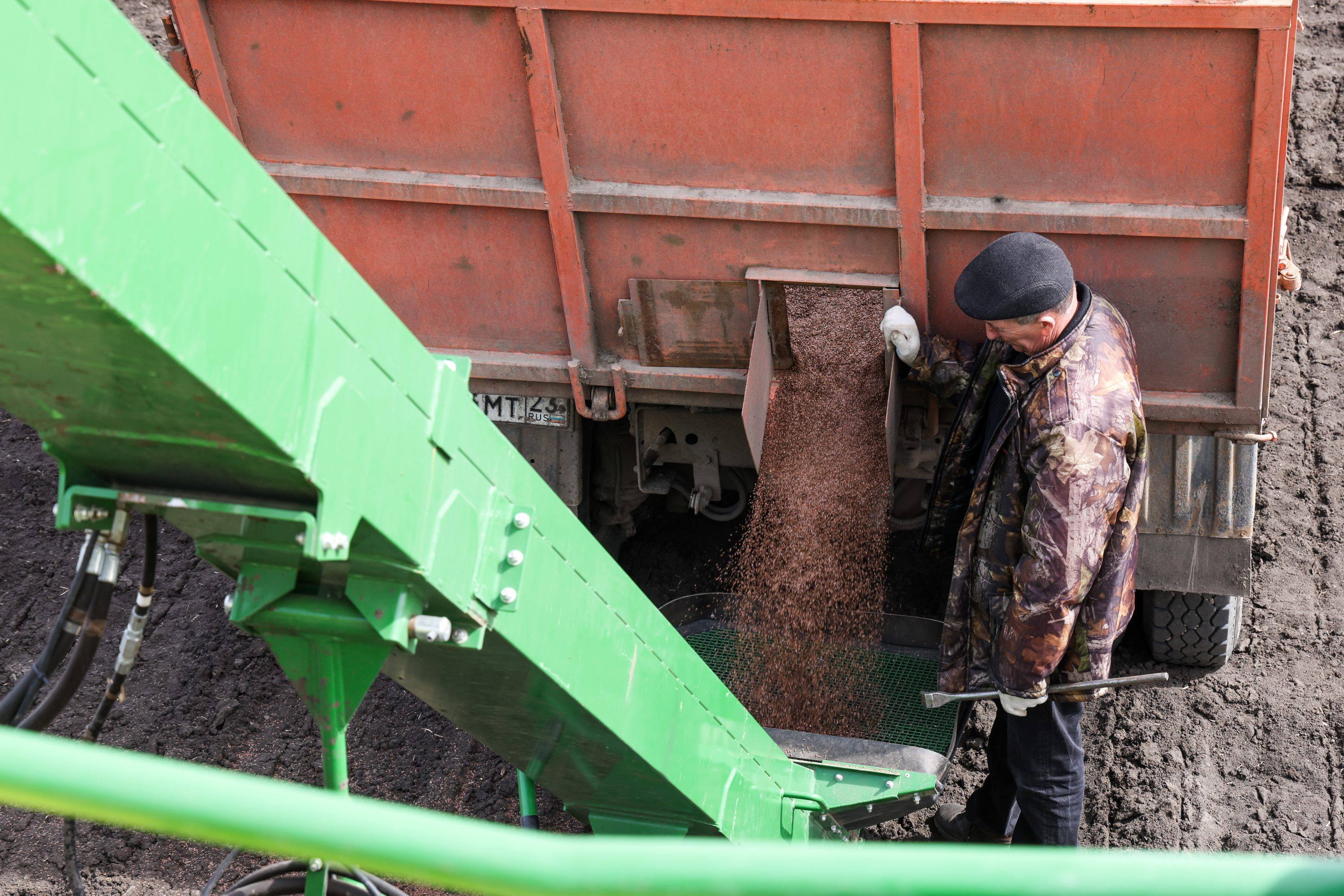Flaxseed industry concerned about EU import tariffs on Russia

Flaxseed processing companies are sounding the alarm over the European Commission's proposal to increase import tariffs on grain, oilseeds and derivatives from Russia and Belarus. Russia is the largest importer of flaxseed to the European Union.
The European Commission launched a proposal to increase the tariffs on imports into the EU of cereals, oilseeds and derived products. These measures are aimed at preventing the destabilisation of the EU, and at tackling exports of stolen grain from Ukraine and preventing Russia from using export revenues from the EU to fund its war against Ukraine. The increased tariffs would also apply to Belarus, due to its close political and economic ties with Moscow.
The sector warns that a 50 per cent import duty would put a cap on the competitiveness of European flax processing companies and that industries in Russia, Kazakhstan and China would take over Europe's role as the largest flaxseed oil producer. This measure would thus contradict the Commission's ambition for an industrial renaissance in Europe.
Flaxseed can be found in several types of food and animal feed and is also used in paints, linoleum and other products. The EU is heavily dependent on flaxseed imports: with a total requirement of more than 700,000 tonnes per year, the EU is only 15 per cent self-sufficient. Russia, accounting for more than 60 per cent of EU imports, has become the world's largest producer of flaxseed.
Workers load flax seeds into a seed drill in a Russian field © DMITRY FEOKTISTOV/TASS/SIPA USA
Related news
